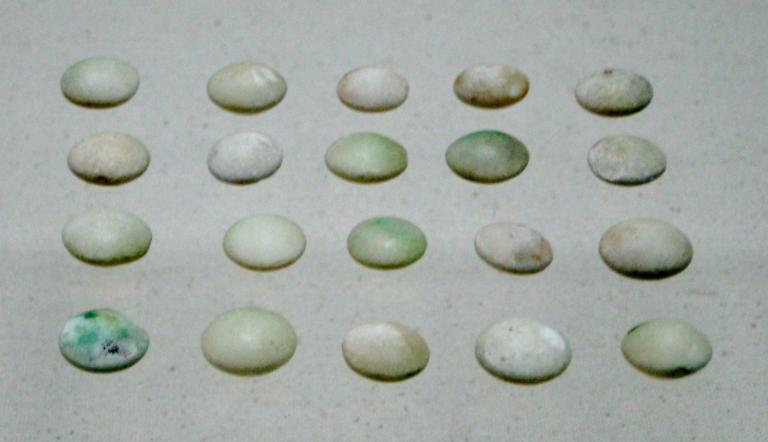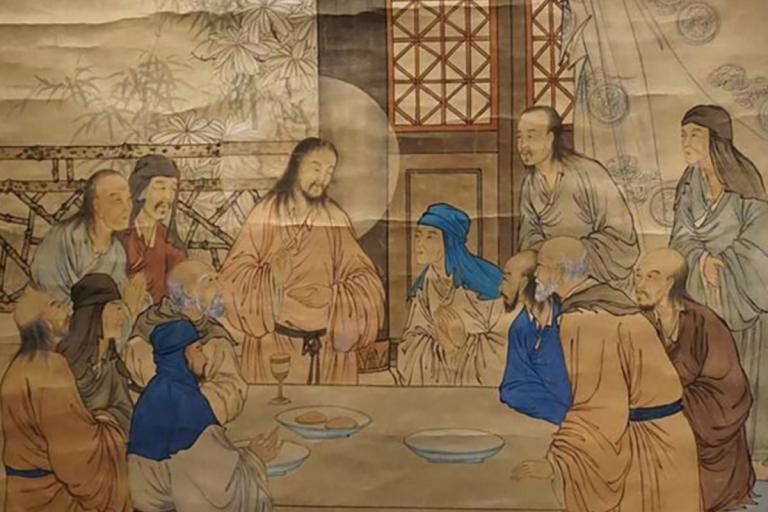A Game of peace and Chinese Go
2 min readGo players have beautiful names for the pieces: “crow”for the black pieces, andgull “for the white ones. They are placed upon the board like birds alighting on a riverside. The use of bird names in go indicates that it is a poetic game, rather than a confrontational one

In a game of go, the players do not”slay”each others pieces. Instead, they simply try to win a larger share of space, allowing the other side some space, too. At the end of a game, both sides have plenty of space on the board. The winner, of course, has the larger part, but the difference can be as tiny as thespace for a quarter of a go piece. In chess and Chinese chess, on the other hand the players try to”slay”as many as possible the other side’s pieces. The one who forces the other sides commander into a dead corner then wins the game Go emphasizes peaceful competition and coexistence, whereas chess and Chinese chess stress a confrontational rivalry with a win-or-lose outcome Therefore, although Chinese chess is also a popular game in China, go carries eeper cultural and philosophical implication he purpose of playing go is not just to win but also, and more importantly, to seek wisdom through the process. Winning or losing is only temporary. No one can be always victorious
There is a pre valent saying regarding go: “Mere contention for victory does not a good game make. This illustrates a core concept of Chinese philosophy-non-contention, as advocated by Zhuangzi (369-286 BC).When criticizing the logician Huizi(c. 370-310 BC) for being good only at argument, Zhuangzi said, It is meaningless to win an argument wisdom does not come out of arguments

The highest goal of go is to seek harmony. The players unite with each other on the board. Instead of fighting as enemies, they cooperate to play a good game. Thus go players should always keep their minds free from intention of confrontation. The real test for a good player is to transcend the idea of winning or losing. Su dongpo(1037-1101). a poetic talent of the Northern Song Dynasty(960-1127), was also a great go player. He had this thought to share with fellow players: “It is a pleasure to win. It is a pleasure to lose, too. Wu Qingyuan(b 1914), a contemporary Chinese go talent who emigrated to Japan and made a name there, regarded go as a game that seeks a world of harmony









